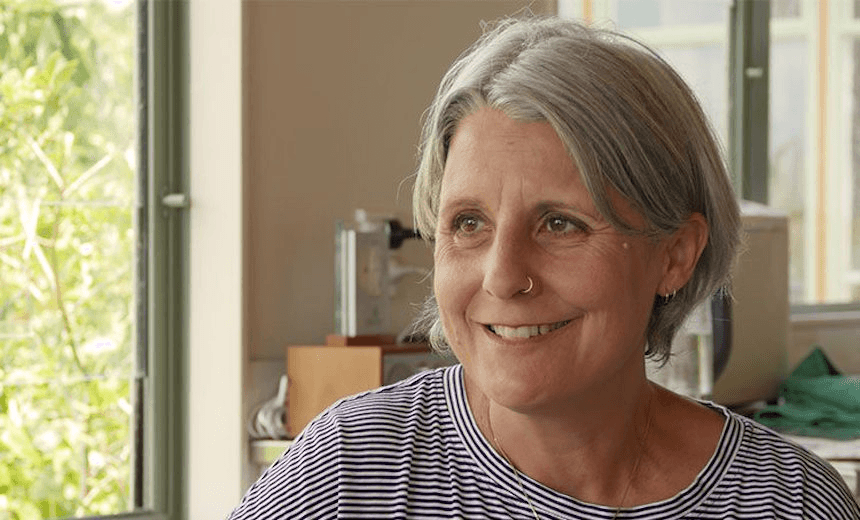‘There is something slightly unnerving about being this close to the possibility of a real political shift’, writes Laila Harré of the opportunity presented by this election result for NZ First, Labour and the Greens.
A majority of us voted for parties who struggle with neo-liberal “certainty and stability”. I can’t think of a single similar nation that has been handed the chance of a government that reflects this rethinking. The chance to weave together people, policies, and perspectives into a government that can proceed with the operational basics (there’s no mystery to this), confront immediate challenges (the focus of most headline policy), and figure out, with us all and with the enormous resources of the public sector, a path out of this moribund cul-de-sac.
Truly bold politicians – and each of Labour, NZ First and the Greens is bold from the standpoint of neo-liberalism – will always start work from a minority position. The gift these three have now is that, together, they represent a majority. More immediately important than the policy and position trading is some shared analysis among them as to what that majority looks and feels like, what it wants and needs – because they must begin by consolidating around that.
Ignore, for the moment, the relative numbers of the three partners in this endeavour. There will be plenty of work to go around and Labour surely recognises that their surge came off the back of a Green blunder. What’s more they may well have been saved from a steeper decline (brought on by National’s tax attacks) if Winston Peters hadn’t drawn a line in the sand, crystallising the need for retreat. Labour has much to be grateful to the smaller units for.
Also, put aside, for a moment, National’s 46%. There was always going to be a near-majority against change, and there is plenty of time to reach out to the fearful and cautious among those voters. All that number tells us is that business-as-usual has one champion. It’s possible that NZ First will go all in with National, and I’d have picked that a few months ago. But the huge disparity in vote between them is an issue. NZ First’s smaller caucus is no doubt much tighter than the 1996 crew, but even the tightest groups can fracture given the pressures (and pleasures) of government.
The only real question for NZ First is whether they can be convinced of the coherence of a government with Labour and the Greens, because it is there that they will certainly have the greatest opportunity to effect change. In such a government, identifying legacy projects will not be restricted to what seems possible in the pressure-cooker of the next few weeks’ negotiation. The option here is for a government that knows the deep challenges it must tackle and takes the time it needs to do so.
For all of us, there is something slightly unnerving about being this close to the possibility of a real political shift. One thing’s certain. It’s a shift that can start now if, and only if, Winston Peters and NZ First work out a deal with Jacinda Ardern and Labour. That deal must have the wholehearted endorsement of James Shaw and the Greens, most obviously achieved with a full partnership. Both Jacinda and James have demonstrated exceptional personal qualities in a campaign that neither expected to be leading two months ago. Both have been on a steep learning curve. In this way, Winston Peters is lucky. For the first time in his long career he has a shot at influencing the direction of a government, and not simply scoring a list of discrete policy wins.
Labour and the Greens are also lucky to find themselves here. For all the talk of new generations, NZ First represents a continuity of concern with the disruption of the 80s and 90s. Winston Peters knows what any formation for change will be up against – he’s got scars.
Election campaigns tend to narrow our horizons to the next three years, making visions seem weak in comparison to policy detail. There is no stronger platform or machinery in our democracy for articulating vision, constructing strategy and refining and generating policy than the platform and machinery of government. Labour, NZ First and Green voters have built a staircase to the platform and turned on the machines. It’s time for our leaders to climb them and take the levers.

